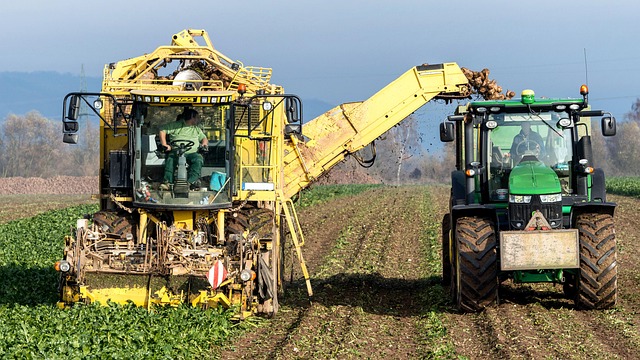The rising urgency for air quality improvement in urban areas has sparked a renewed interest in sustainable development, particularly through cycling. As cities become more congested and the threat of pollution looms large, the call for cleaner air is not just a desire but a necessity, and cycling emerges as a beacon of hope in this quest.
Cycling is more than just a form of transportation; it represents a lifestyle choice that can significantly reduce our ecological footprint. With each pedal stroke, we not only embark on a journey towards our destination but also contribute to a healthier planet. The simplicity and accessibility of cycling make it an ideal option for many, offering a viable escape from environmentally harmful methods of travel. Imagine swapping the greenhouse gas emissions from a car for the refreshing breeze of a bike ride—it’s a small change that leads to substantial air quality improvement.
Furthermore, the integration of green technologies in cycling infrastructure plays a pivotal role in promoting more sustainable cities. Innovative solutions like electric bikes and smart, bike-sharing programs can enhance mobility while minimizing air pollution. Cities that invest in dedicated cycling lanes, bike parking, and maintenance stations are not only prioritizing public health through increased cycling but also demonstrating a commitment to green technologies that support carbon neutrality.
Many urban planners and environmental advocates are now envisioning carbon-neutral cities, where the air is cleaner, and the climate is stable. The shift towards eco-friendly cityscapes heavily relies on pedestrian and cycling-friendly policies. Incorporating more bike-friendly roads, developing comprehensive bike-sharing systems, and implementing educational campaigns about the benefits of cycling can significantly enhance air quality and overall urban living.
As individuals take up cycling not just as a hobby but as a primary transportation method, they partake in a collective movement towards environmental sustainability. Each bike ride contributes to the reduction of carbon emissions, fosters cleaner air, and encourages others to consider how their commuting choices affect the world around them. It’s about creating a culture that values sustainable practices and promotes a healthier lifestyle for all.
In this age of climate awareness, every decision we make matters—whether it’s opting for a bicycle instead of a car or advocating for policies that support eco-friendly technologies. The path leading to cleaner air is paved with the commitment to sustainable development. Each of us can play an essential role in this endeavor, cycling towards a future that values both people and the planet.




